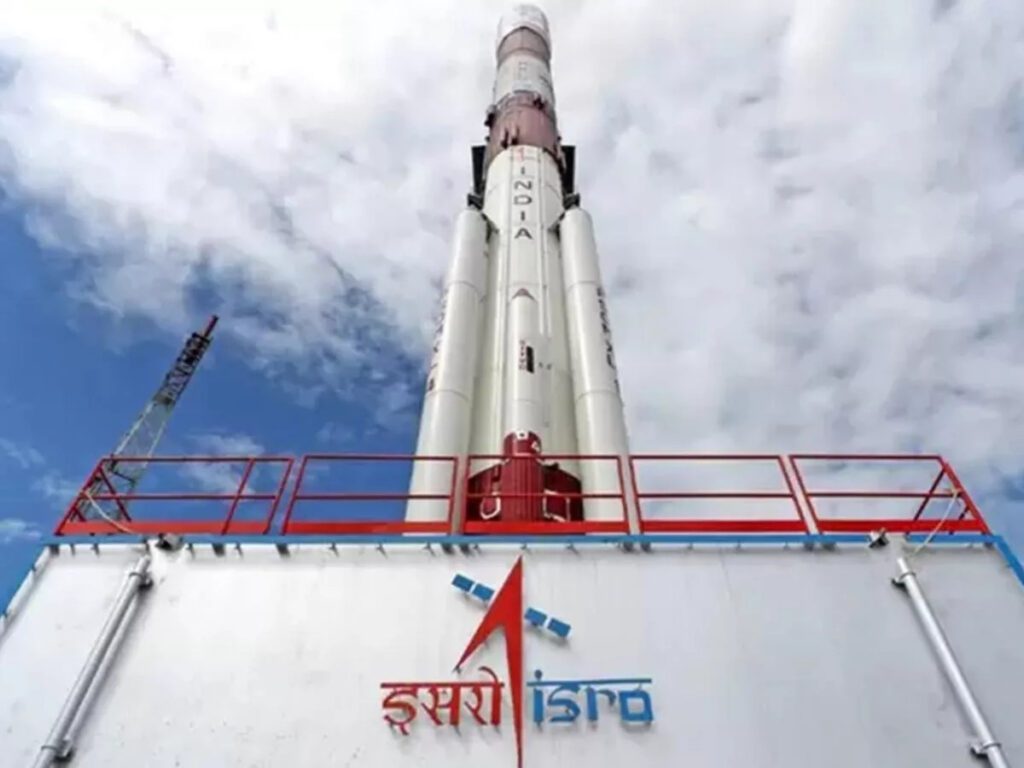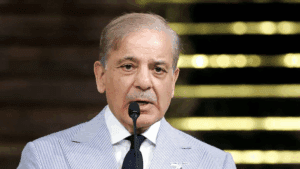The Indian Space Research Organisation (ISRO) has shifted the launch date of its Small Satellite Launch Vehicle (SSLV) developmental flight from August 15 to August 16, to avoid coinciding with Independence Day. In its announcement on X, ISRO stated that the launch window for the SSLV-D3/EOS-08 Mission would span one hour, starting at 9:17 AM.
Also read: Elon Musk: Neuralink Aims to Enhance Human Capabilities to Compete with AI
ISRO Reschedules SSLV Launch
This mission marks ISRO’s third launch of the year and represents the final demonstration flight for the SSLV. This flight is crucial for evaluating the rocket’s readiness and reliability before it is handed over to the industry. According to ISRO’s website. “This flight completes the SSLV Development Project and paves the way for operational missions by Indian industry and NSIL.”
Also Read: Neuralink: The Future of Brain-Computer Interfaces
Key Milestone for SSLV Development
The EOS-08 satellite, weighing 175.5 kg, is equipped with advanced technologies essential for its mission. The SSLV is notable for its quick assembly, taking less than a week compared to the 45 days needed for other rockets. Designed for deploying small satellites under 500 kg into Earth’s orbit, the SSLV carries three main payloads. One payload is intended for continuous Earth imaging, another for analyzing Earth’s features such as oceans, mountains, and forests, and the third for measuring ultraviolet radiation in space.
Also read: Independence Day guest list focuses on youth, farmers, women, and underprivileged
Payload Capabilities and Future Missions
The third payload is particularly important as it aids in preparations for India’s forthcoming Gaganyaan mission. The country’s first manned spaceflight. The electro-optical infrared payload, capable of capturing round-the-clock Earth images, is suitable for a range of applications including satellite-based surveillance, disaster monitoring, environmental observation, fire detection, volcanic activity tracking, and monitoring disasters at industrial and power plant sites, ISRO noted.
Also Read :Russia Faces Challenges in Countering Ukraine’s Deep Incursion











More Stories
India’s Active Covid-19 Cases Rise Above 2,700; Delhi Records First Fatality
Pak PM: India Fired Brahmos Before Our Retaliation
देहरादून: सूर्यधार रोड पर भिड़ीं गाड़ियां, शख्स को कुचलने की कोशिश; 9 गिरफ्तार